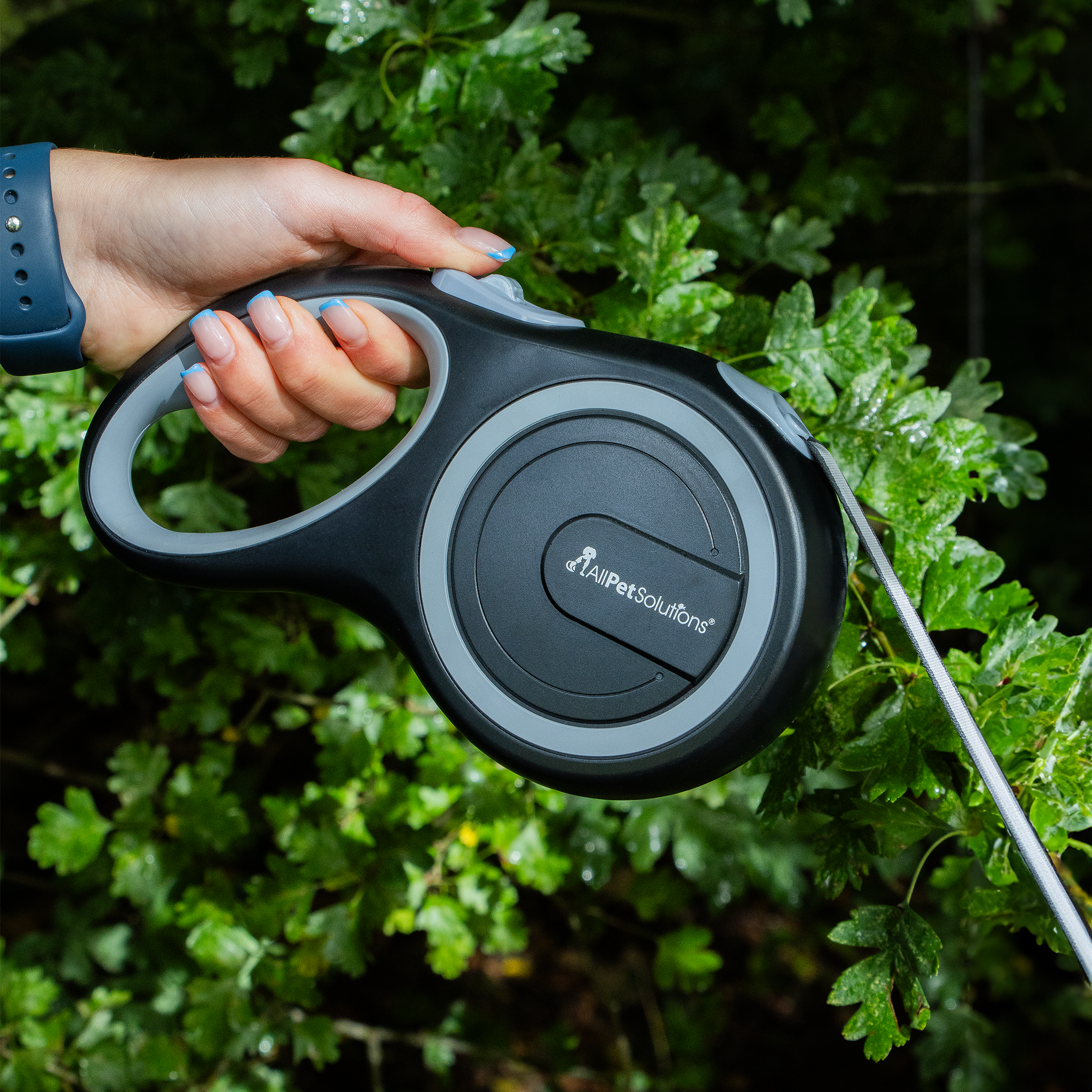How To Tell If Your Horse Is Stressed
In the same way that we as humans may become agitated and irritable when we’re going through a stressful period, your horse can display very similar symptoms. Whilst it is hard to eliminate stressors entirely, such as being spooked by a car or an animal in the paddock, it is important to recognise stress signals from your horse so that you’re able to help identify the cause and minimise the impact.
As your horse can only communicate with you through their body language and actions, it's crucial to monitor them for any early signs of stress before the situation escalates. This is important not only for their physical and mental wellbeing but also your personal safety.
What are the main signs of stress to look out for?
As wild animals, horses have evolved to have a heightened awareness of potential dangers to themselves or their herd. As a result, they will generally respond in one of four ways:
- Fight ‚This may include biting or kicking.
- Flight ‚attempting to bolt and remove themselves from the situation.
- Fidget ‚this restlessness tends to occur when restrained or if they are uncomfortable in their environment.
- Freeze ‚this may include planting, such as when being led onto a trailer.
What are the symptoms of stress in my horse?
There are two different types of stress that affects horses ‚acute stress (normally resulting in short term exposure to a stressor) and chronic stress (caused by a persistent or ongoing stressor).
Signs of acute stress include:
- Tension in the body
- Bolting
- Shying or freezing
- Rearing or bucking
- High head and neck position, clamped tail and ears pricked forward
- Fidgeting and difficult to catch
- Nipping
- Excess sweating
- Poor concentration
- Tail swishing and flared nostrils
Signs of chronic stress include:
- Withdrawn appearance
- Shows apathy and loss of interest in interaction or activity
- Pawing
- Stubborn when handled and unwilling to train or work
- Aggressive or bad-tempered
- Physical behaviours such as stall walking, cribbing, weaving or wind-sucking
- Loss of appetite and weight loss
- Displaying signs of pain, such as bucking when ridden, change in posture or fidgeting when being tacked or groomed.
Common causes of acute stress include transportation, restraint and being isolated. Once the stressor is reduced, your horse's behaviour and hormonal balance should return to normal very soon. However, as chronic stress occurs due to repeated exposure to one or more stressors, it can be more difficult to resolve. This tends to be the result of pain or injury, or for rescue horses past traumatic experiences or neglect.
How can I help reduce my horse's stress?
The great news is that there are many steps that you can take to help. But first of all, you need to identify what is causing your horse to become stressed. Common triggers include:
- Transportation
- Training
- Social isolation
- Changes to environment or routine
- Injury or illness
- Lack of stimulation
- Confinement and lack of exercise
- Extreme temperature changes
Transportation-induced stress travel is on of the lead causes for stress in horses as it encompasses a multitude of stressors including confinement, routine change and an unfamiliar environment. Try to help ease your horse's anxiety by bring their usual toys and hay and keeping them well-hydrated. As many horses find loading to be the most stressful part of transportation, practice loading and unloading with your horse before the event to help familiarise them with this step. Make sure to allow for plenty of rest periods to take your horse on a hand-walk and to give them some comfort and reassurance.
Issues when training, whilst exercise is a significant factor in reducing your horse's cortisol levels, it is important to make sure they're not experiencing any discomfort. Stress signals include grinding the bit, restlessness, excess sweating and tail swishing. Regularly examine your tack to ensure the bridle and saddle fit and do not rub.
Changes to routine‚ ì horses like regularity, so try to keep to a consistent routine with a set pattern for feeding and turnout times. If changes are unavoidable, for example the arrival of new horses to the stables, try and keep other aspects of their environment and daily pattern familiar and to adjust to the changes gradually.
Review their stable environment, if your horse spends time in a stable, make sure they're kept busy and engaged by providing toys and hiding food for them to search out. Some horses also like a room with a view, being able to see plenty of activity in the yard, whereas other horses prefer some peace and quiet.
Include some variety in their day‚ whilst horses can be creatures of habit and like a routine, it is important to offer some variability in their day as well. Try doing something different like some unstructured play time, walking them in-hand, enjoy some tactile grooming time, or even try out a massage tool (although be careful to observe your horse to ensure this is not causing them discomfort due to injury).
Give your horse some free reign, too much time in the stable can lead your horse to feel confined and unstimulated, so regular turnout is extremely important. Try to give your horse a varied and well-balanced diet, ensuring that they have plenty of opportunity to forage for food.
Consider their herding instinct - regular turnout is not only important to give your horse some physical freedom, but also to give them time to socialise with other horses. However, make sure that you're turning out your horse in a big enough area to allow them to have their own space as well, especially if there are other horses that they don't mix well with.
Check the thermostat, ì stress in horses can also be caused by extreme temperature changes. If you think your horse may be overheating ensure they have shade, spray them with cold water (especially their legs and abdomen) and are able to drink water frequently. Do not ride in the extreme heat and allow time to cool down in well-ventilated area. If you think your horse may have overheated, it is important to monitor this closely and contact your veterinarian if necessary.
In the winter, horses battle the cold weather by expending energy to retain warmth. Ensure they have adequate shelter, unlimited hay access and a waterproof blanket to wear outdoors.
Whilst the above suggestions may help to alleviate your horse's stress, it must be said that sometimes the most important factor to remember is that love for, and patience with your horse is equally important in slowly gaining their trust and adjusting their behavioural patterns.
No one knows your horse better than you do, and if you feel something is wrong and your horse could be suffering from stress, contact your veterinarian to discuss the symptoms your horse is displaying and potential causes. They will be able to examine them to detect any source of injury or illness, but also advise you further on ways you can help.

